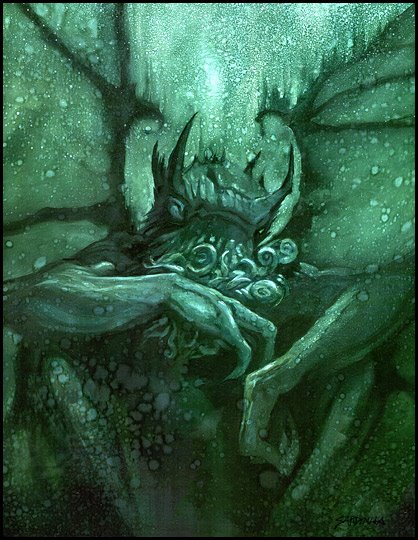Yesterday marked the sixty-fifth anniversary of the day the Enola Gay dropped Little Boy onto the Japanese city of Hiroshima. The result was a miniature sun, a pillar of fire, and the immediate extinction of 80,000 people, with many tens of thousands of deaths to follow within the next year.
This Monday, August 9, will mark the sixty-fifth anniversary of the day that Bockscar dropped Fat Man onto Nagasaki, vaporizing anywhere from 40,000-75,000 additional people. As with Hiroshima, many tens of thousands more would die within the next year.
The Japanese Emperor, Hirohito, would give a radio address on August 15, 1945, stating Imperial Japan's intention to unconditionally surrender. What happened in the 9 days between the annihilation of Hiroshima and Hirohito's surrender?
There are some who have questioned the decision to drop the atom bombs on Japan, and some have sought to revise this history to reflect present day regret. I, being a student, albeit amateur, of the art of history, am always hesitant to revise it. Yes, there are times when the popular story told to 7th grade social study classes might give a certain spin or gloss over inconvenient facts. But at the university level I found that my study of history revealed many hard truths.
One of those truths is that the decision to use nuclear weapons against Imperial Japan was probably the right one. This is not to say that, since it was the correct decision, there is not a price to be paid. America still has not, in its national soul of souls, come to grips with that horrific Faustian bargain, and Japan's national character has been indelibly altered, for better and worse, because of it.
While it was, militarily and politically, the correct thing to do, that does not mean it was the moral one. If there is karma, or a price to be paid in final judgment, those chickens have not yet come home to roost. As for Imperial Japan, as terrible a price she paid in her defeat at the hands of the United States, it cannot be said that she did not have it coming. And when I say that I am not labeling Hiroshima and Nagasaki payback for Pearl Harbor. Pearl Harbor was, taking the long view, a justifiable attack on a military target, with a limited [some 3,000] number of casualties, largely confined to military personnel. In other words, Pearl Harbor was no Nanking, no Korea, no Bataan. Pearl Harbor was, relatively speaking, small potatoes.
So about those 9 days - what happened? Well, at first Imperial Japan took Hiroshima on the chin. That's says something about the testicular fortitude of the Japanese people. After Nagasaki - three days later - it became clear to them that they were risking national suicide. Unfortunately, the idea of immolation for the sake of jingoistic pride was okay with several members of the Ministry of War, who then attempted a coup to prevent a surrender.
Known as the Kyujo Incident, the coup was attempted on August 14-15, and thankfully failed, otherwise there might have been up to three or four more cities turned into lakes of fire and the denizens reduced to photographic shadows. Failing that, the United States and her allies would have been forced to invade the Home Islands, and the human costs would have been even more terrible.
So, looking back at this now somber time in the first days of August, let us remember that there are times when the most terrible decision is sometimes the right one, but that may not allay the final judgment on all of our souls when the day of reckoning arrives.
It is also instructive to the point that revising history to tell the narrative that is either more expedient or palatable is the wrong path, and the powers that be in Texas and elsewhere should take heed. For failure to learn the lessons of history shall only doom their repetition.

No comments:
Post a Comment